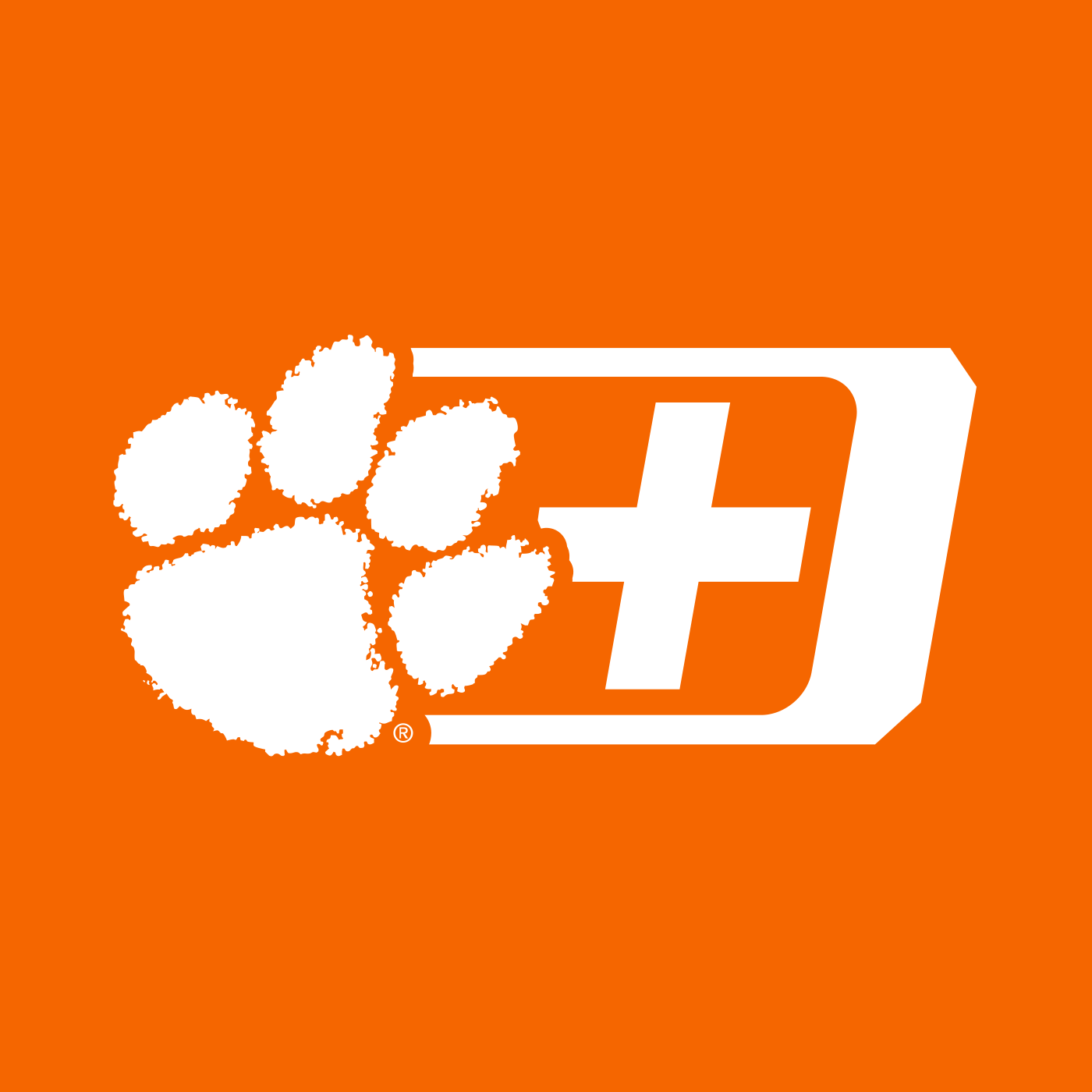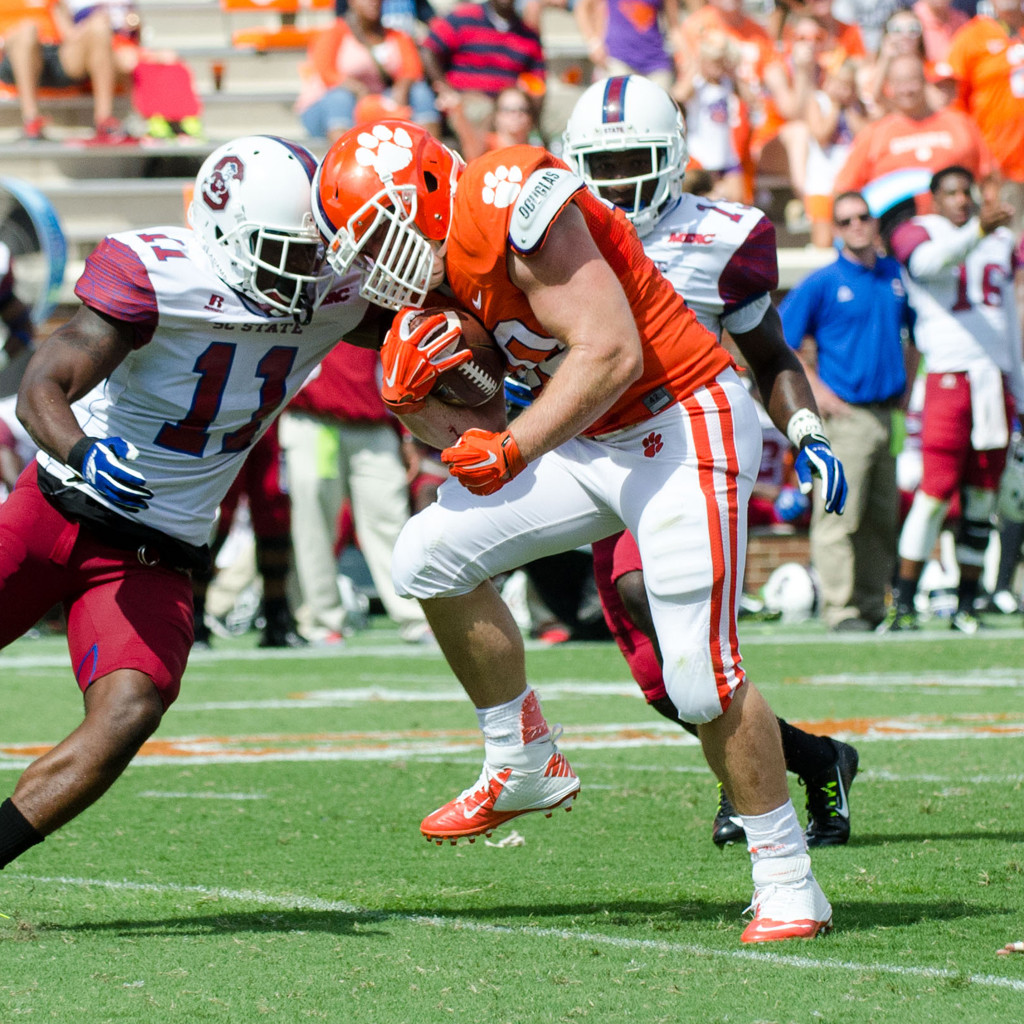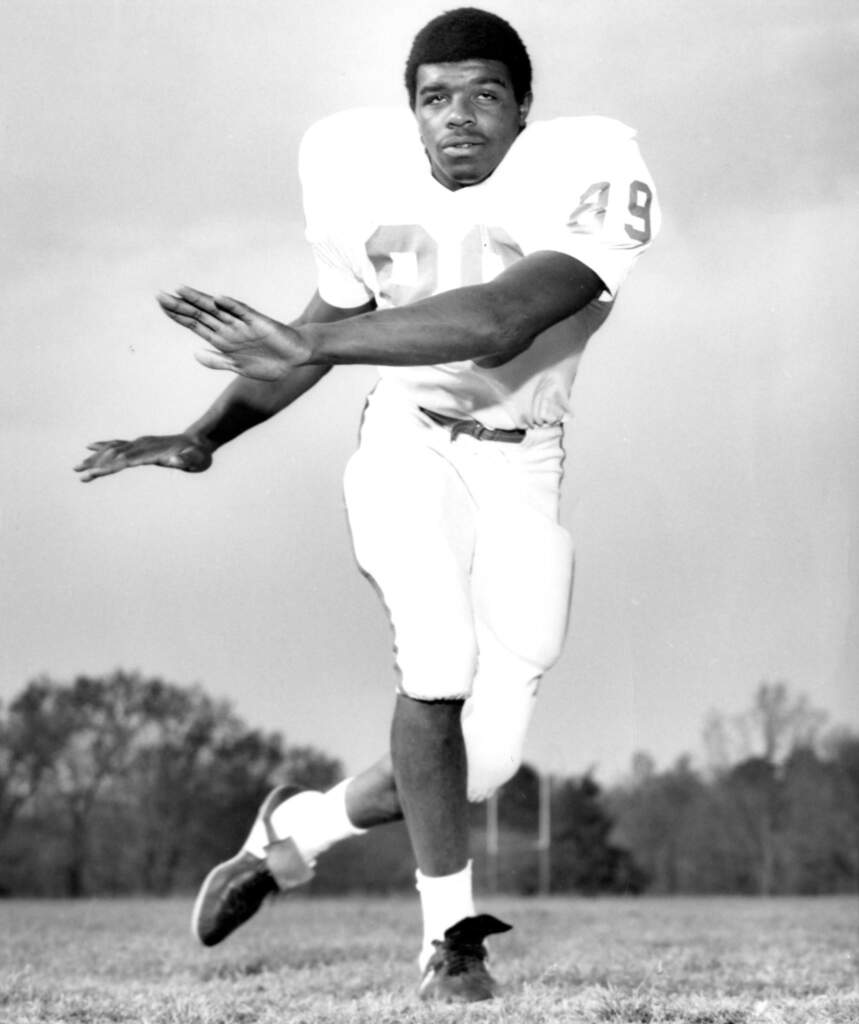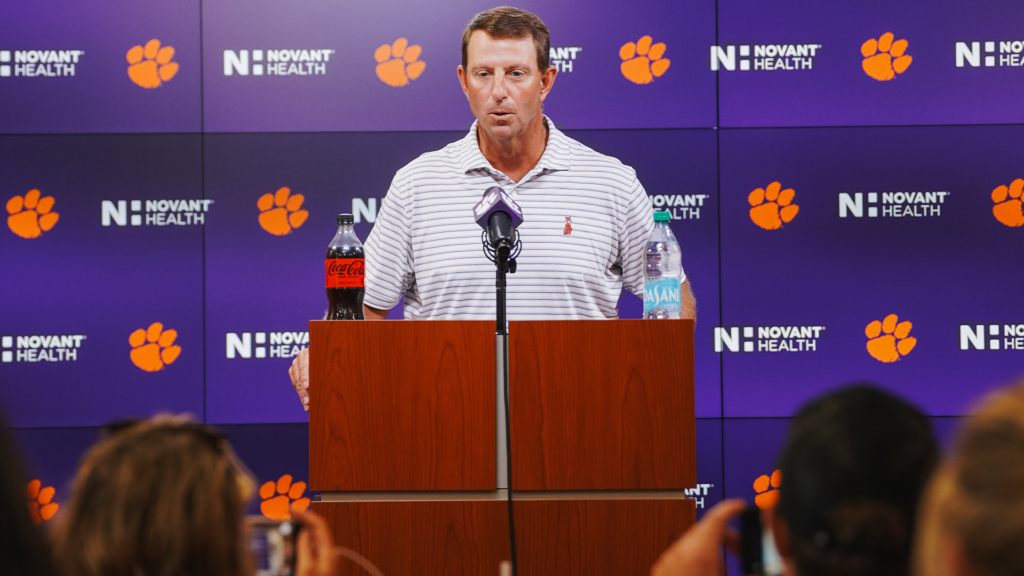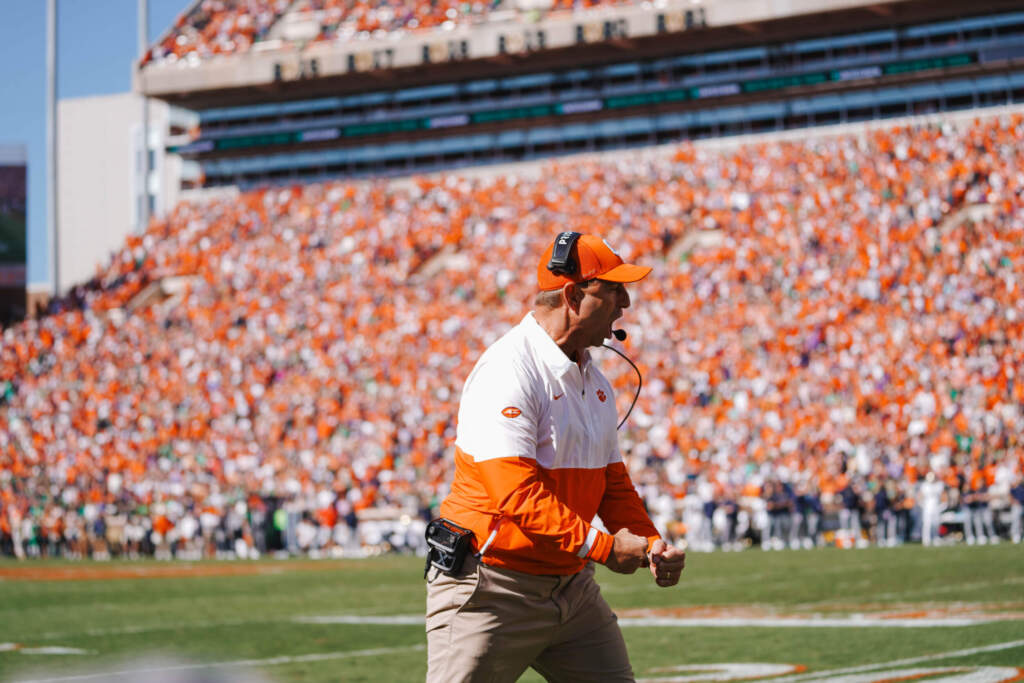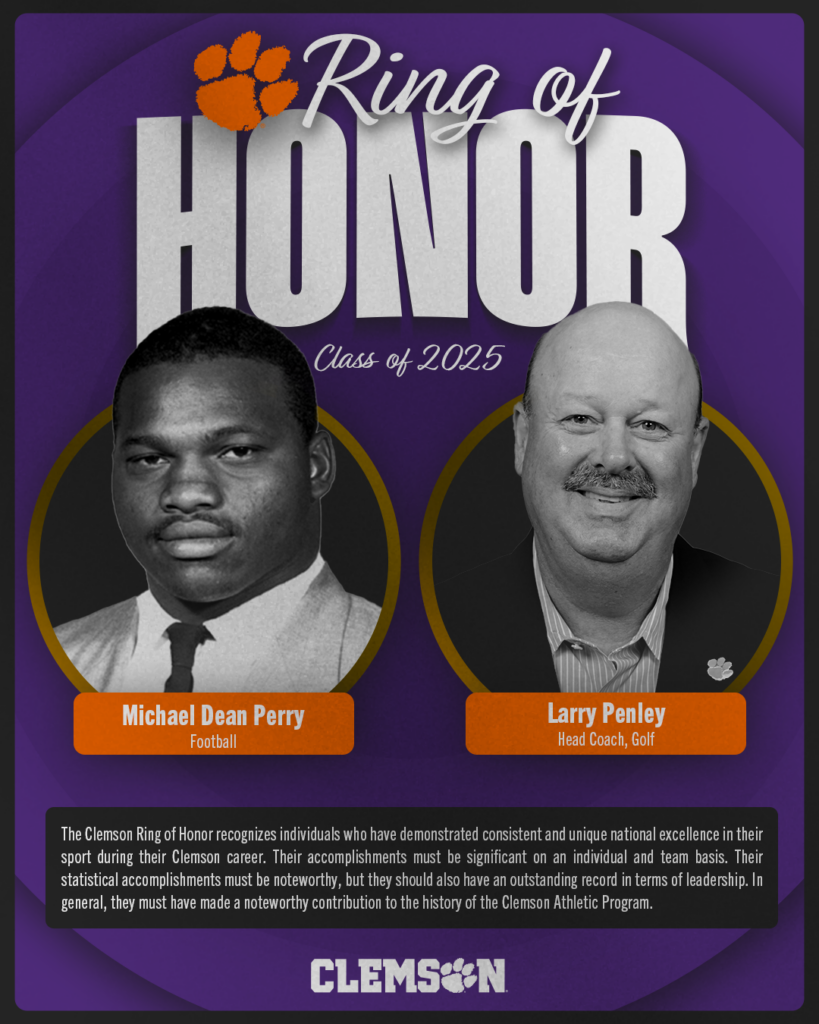By Philip Sikes // Athletic Communications
Fans may have noticed an unfamiliar name announced over the public address system several times in the fourth quarter of Saturday’s lopsided win over SC State.
On a third-and-four play at the Bulldogs’ 46, freshman Kurt Fleming took a delayed handoff and muscled through two defenders for a first down. On the very next play, he followed a huge hole up the middle and rather than avoid the oncoming safety to his left, Fleming headed straight for him, delivering a blow before dragging another defender 10 yards.
In the end, Fleming rushed for 49 yards in mop-up duty. But it begs an important question: just who is Kurt Fleming? That’s why I spent 10 minutes with him in the WestZone lounge Monday, to introduce Clemson fans to by far its oldest freshman.
CT.com: You signed a letter of intent to play football at West Point in 2010. What changed your plans?
Fleming: I had other scholarship offers, but they went away after I blew out my knee. Army was the last D-1 school that was going to let me play both football and baseball, and my brother went there, so I already knew what it was about. But then the draft changed that.
CT.com: Take us through the 2010 Major League Draft.
Fleming: In the summer of ’09 I blew out my knee, and had surgery Sept. 1. I missed the football season and the scholarships went away. I came back and ran some indoor track to get ready for baseball. I had a bunch of scouts come to my games, and I talked to a bunch of them. Some even came to the house to talk to me. It was a cool process. I did some workouts at pro stadiums. I wasn’t back at full speed, but they knew that would be the case. The draft came, and when you hear your name called (in the eighth round by the Atlanta Braves), it’s pretty exciting. You’re one of the chosen few that gets to participate in a professional sport. I felt like part of my dream had been fulfilled.
CT.com: Was it a no-brainer to turn professional after being drafted so high?
Fleming: I was told if I hadn’t blown out my knee, I would have gone a little higher. So I thought I’d drop some. I weighed the options. I talked to my dad about it a lot. My dad said, “If you go to college and get hurt, you may never play sports again and I’ll feel horrible.” So it was a once-in-a-lifetime chance, and I took it. I knew I could always come back to college.
CT.com: Clemson fans may not know, but you actually played four seasons in minor league baseball?
Fleming: I played three in the Braves’ system and one for the Seattle Mariners. Bus rides were horrible. People think once you’re drafted you’re automatically in the big leagues. They don’t realize there are seven levels underneath it. When most high-schoolers are drafted, they start at the absolute bottom. It’s also based a lot of luck; who’s ahead of you, how well they’re doing, etc. One of our coaches played in the minor leagues for 16 years behind guys like Mark McGwire and Derek Lee and never made it.
CT.com: Fans may be surprised to hear you were an outfielder, given your build.
Fleming: I always get asked if I play catcher. I’m faster than I look (laughs). Growing up, my favorite running backs were big power guys like Mike Alstott and Jerome Bettis. My favorite back of all-time is probably Earl Campbell. I liked all the guys that got hit every single play. That’s kind of the way I play.
CT.com: How did you get connected to Clemson?
Fleming: As part of my contract with the Braves, I signed a college scholarship program. That means they pay about $30,000 a year for me to go to college for four years. The guy who runs that program sent out my workout video to all the big coaches he knew. I was contacted by Thad (Turnipseed) and Coach (Tony) Elliott. When I came down, I fell in love with the place. I enrolled in January.
CT.com: After you stopped playing minor league ball, what did you do?
Fleming: I knew it’d be tough to come back to school without ever doing any classwork. I had to start lifting heavy again. Baseball is a little more archaic with their lifts, so I had to get back to that again. I had to find a job. In the minor leagues, I also had an offseason job working with maintenance and construction, stuff like that.
CT.com: What was it like meshing with your teammates after enrolling mid-year?
Fleming: I think I can bring more experience and maturity to the program. Guys listen to me. But I fit in with the seniors because they’re more my age. I still look out for the freshmen if they ever need anything. I didn’t have any problem fitting in.
CT.com: You’ve gotten playing time in both games this season — is it surreal to think about?
Fleming: In my first year in the Gulf Coast League, it seemed like we only had little-leaguers stop by to watch us play at the spring training complexes. To come here and play in front of 80,000 people is a ridiculous turnaround. Every time I step out there, it’s exciting.
CT.com: Not only are you part of the team, but you’re playing. What’s that been like?
Fleming: They mostly have me block in some set special teams packages. But it’s like being a gladiator walking out there. Everyone’s there to see you hit other people.
CT.com: Let’s talk about that. On your long run, you ran right after the safety. Where do you get that mentality?
Fleming: When you have two older brothers that pick on you all the time growing up, and a dad who was an Army brat, most of the competitiveness comes out. Once I saw that he was in the way, it was either me or him. That’s how I usually run. At that point, I thought I’d go ahead and get a little contact in on the play.
CT.com: How fun is this?
Fleming: Oh, it’s amazing. It’s a once-in-a-lifetime experience. Only 113 kids out of everyone in America get to experience Clemson football. I feel very lucky to be a part of it.
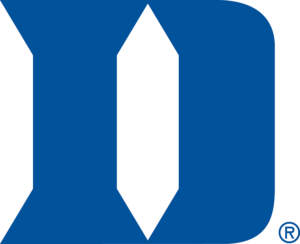 Duke
Duke 
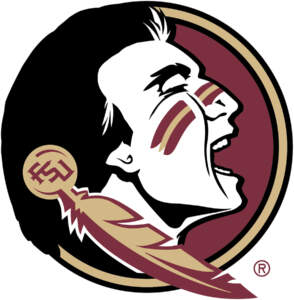 Florida State
Florida State 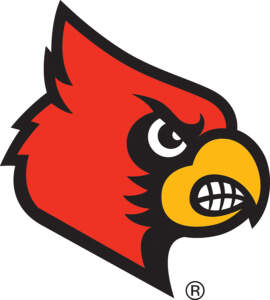 Louisville
Louisville 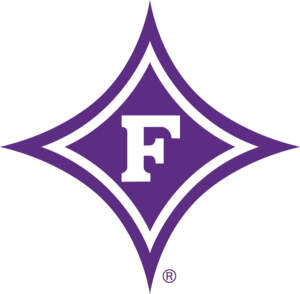 Furman
Furman 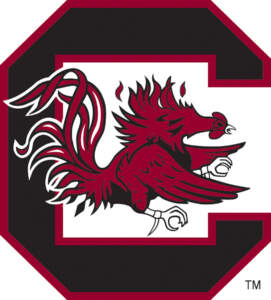 South Carolina
South Carolina  LSU
LSU 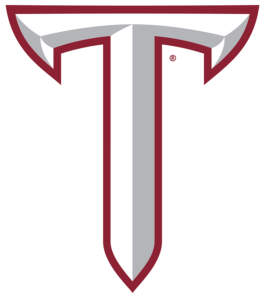 Troy
Troy 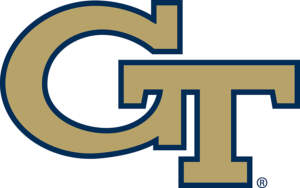 Georgia Tech
Georgia Tech 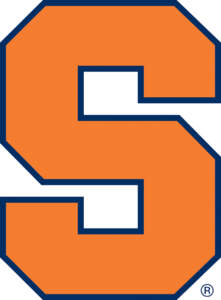 Syracuse
Syracuse 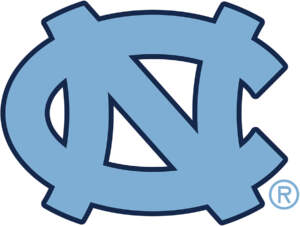 North Carolina
North Carolina 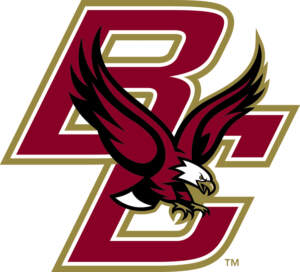 Boston College
Boston College 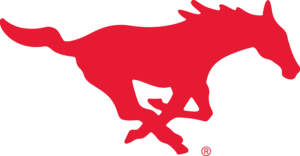 SMU
SMU 
